For most of my life, I never quite felt like I fit in when it came to my racial identity. It’s taken 26 years to feel okay with that. In fact, I now celebrate the unique characteristics and extra-ordinary things that make up my cultural background.
I’ve always known that I was Latina—my family spoke Spanish and Garifuna and my skin is several shades above tan. Despite my understanding of my Afro-Latina identity, it seemed incomprehensible to my peers and those I came in contact with.
Let’s take a classmate of mine, for example, who argued me down over the fact that I wasn’t “Spanish.” We were using Spanish interchangeably with Latino, which wasn’t uncommon for two third graders; however, he couldn’t digest the fact that his classmate was Black and Latina. It was the first time I realized my identity was in question.
Growing up, I’ve had African American, Caribbean and Latino friends, but never quite fit in with any group. You see, for mi gente, my Spanish wasn’t up to par (Spanglish wasn’t going to cut it) and my natural tan and pre-crema kinks served as a barrier. The last name Martinez and occasional accent on words like “like, “I’m saying,” and “you know,” among others, gave it away: I wasn’t “Black like them.”
I had spurts of denying my ethnicity and racial background. After discussing my fam’s origin for more than 10 minutes only to be met with more questions (You’re not Dominican/Puerto Rican, so what are you again? You’re Spanish…and what else? Wait, Martinez with a “z” or “s”?) was frustrating. Looking back, it got me no closer to those I wanted to be accepted by and actually pulled me further away from my roots.
A recent trip to San José, Costa Rica allowed me to revisit my “outsider within” perspective. Its one I thought I’d resolved fully, but quickly learned wasn’t once I landed.
I gifted myself a trip to la República de Costa Rica for my 26th birthday. I love the ocean, so what better way to celebrate my birthday than by the sea? But shortly after landing, the “outsider within” thoughts began creeping in. You’re Spanish isn’t that good, chica. You’re a morena, so prepare yourself. Now you know your outfit is a dead giveaway. Gringa!
The thoughts left me hesitant to speak Spanish. I was there for roughly four days and halfway through the trip said, “F*** it! I’m closer to my roots than I’ve been all year. I’m going to live in the moment.” It’s not until I let go, that I really got to connect with the experience and my people. I was even asked if I was from Limón (where many of the Black Costa Ricans reside).
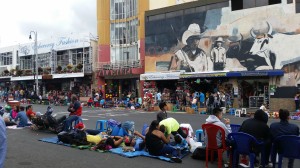
Christmas 2014 in Costa Rica: Hours before the Festival of Light. (Image: Janel Martinez/Ain’t I Latina?)
Needless to say, I’ll be returning to Costa Rica to explore Limón. There’s a Limón in Honduras, too, and I want to see the similarities between both places.
As Latinos, we come in all shades and toting all kinds of experiences. With that being said, we should never feel isolated by anyone let alone one another. It’s taken many years and growth to get to this place, but I receive emails and have conversations with Latinos who struggle with the intersection of Black and Latino Identity. Meaning more self-education needs to happen—as an adult, the onus is on you.
As an Afro-Latino, have you ever felt unaccepted by the Black and/or Latino community? Is this a U.S. issue, or one that goes back to our respective countries? Let me know what you think in the comments section below.
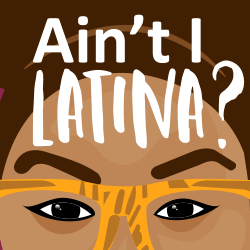
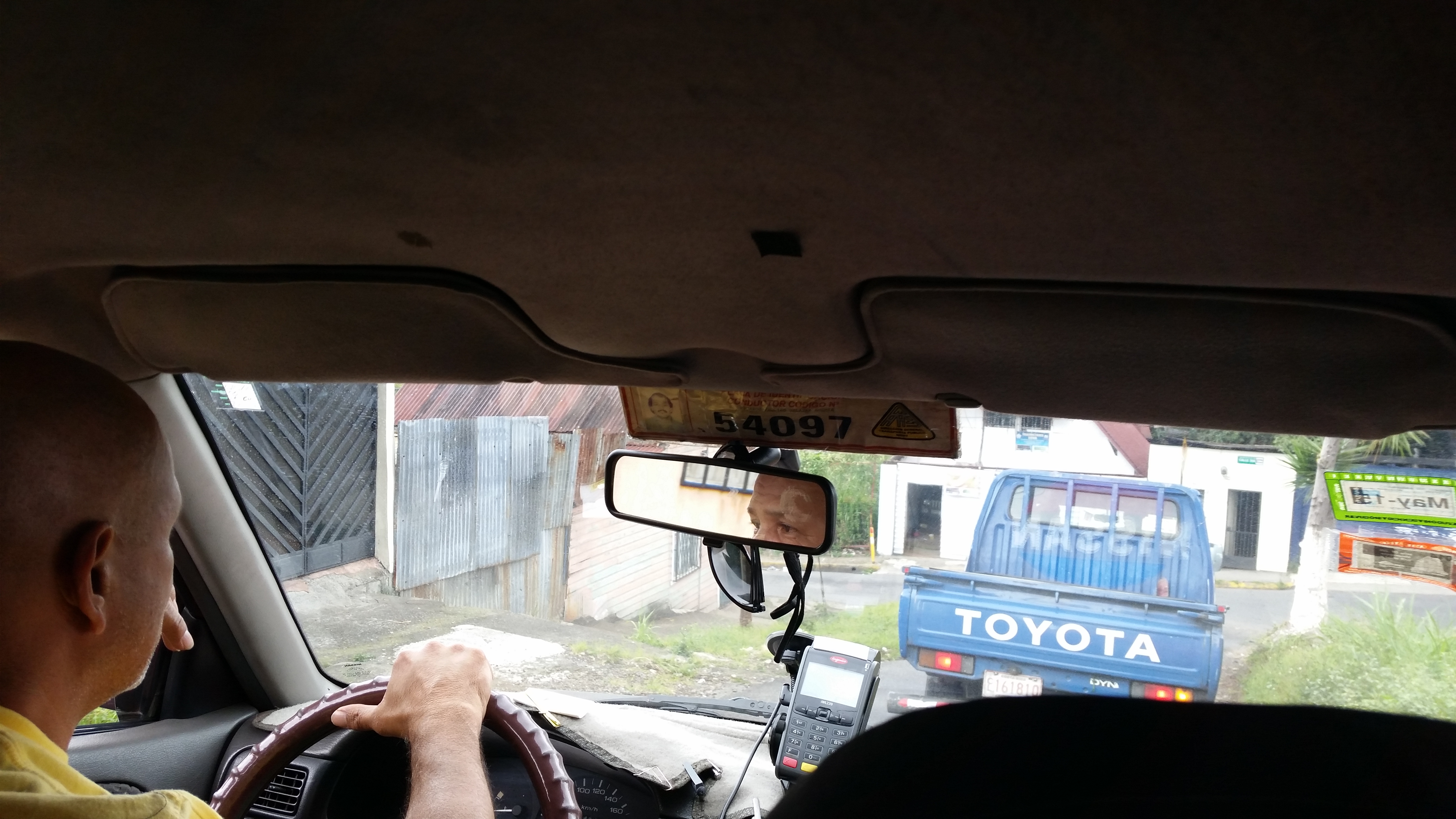


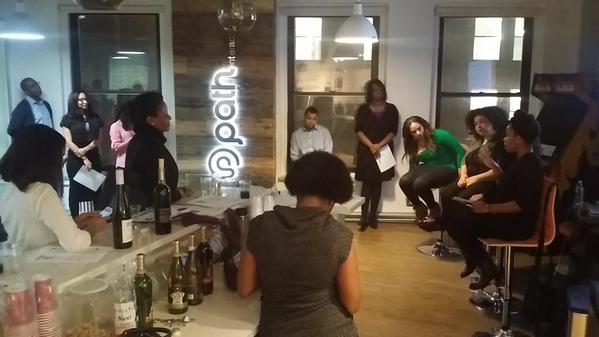

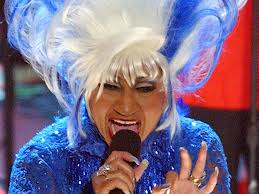
Pingback: Sabiduría: Outsider Within - Latino USA - Latino USA()